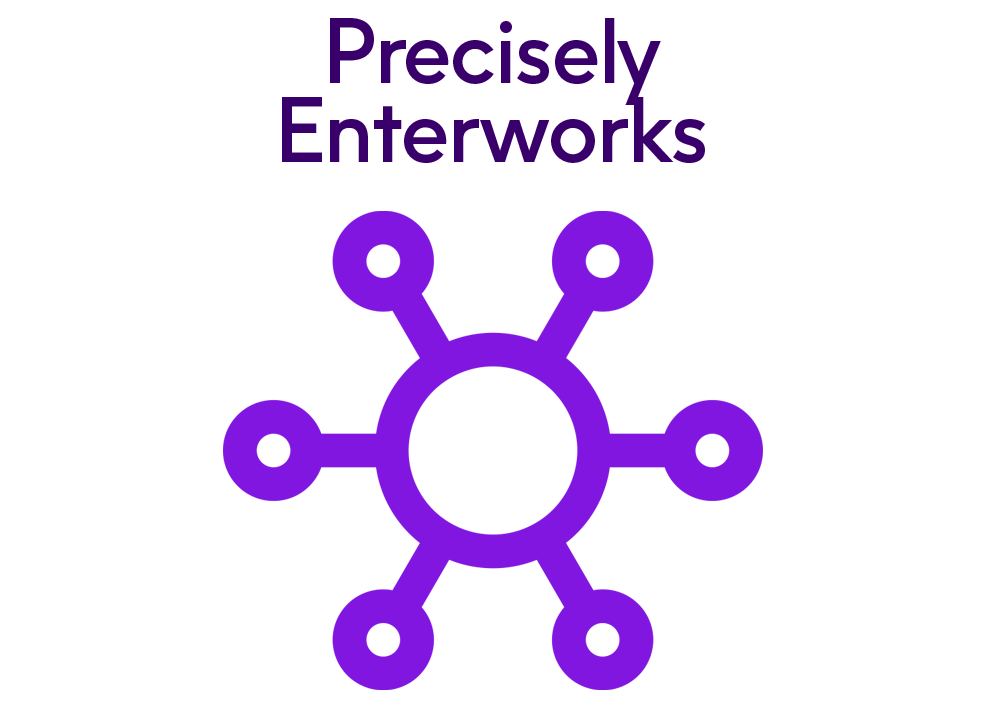
Enterworks - ETT 116 - How to Implement an Advanced Callout in Java for Export Templates
Data Flow, Export Callout
EnterWorks supports a wide variety of export formats and has a large amount of flexibility regarding what data can be included in those exports. However, there are times, when a required format or the structure of the data managed within EnterWorks cannot be generated with the native EnterWorks formats. Fortunately, one of the numerous extension points within EnterWorks is the "Advanced Callout", which allows custom Java processing to be applied to export templates. These callouts provide the ability to alter the contents of an export before the final file is produced. For tabular formats (CSV, XLS, XLSX), the gathered data can be manipulated in a publication table to which columns can be added, removed, or altered and rows can be inserted or removed. Examples of the types of operations possible include:
- Transforming data based on inputs from an external service, such as converting monetary values using current exchange rates.
- Pivoting linked data from a linked repository into a single comma-delimited column, such as a pricing summary for a Product's Items.
- Filtering out export records that meet specific criteria, such as a combination of values from attributes originating from different repositories
- Removing redundant data such as clearing the Product columns after the first row for each Product when multiple rows are output
A pre-defined Advanced Callout is the PublishViaStoredProcedure, which calls a custom stored procedure to manipulate the staged data. The use of this callout is covered in detail in the EnterWorks Tech Talk (ETT 101 - How to Implement an Export or Publication Callout Using SQL). For non-tabular formats (JSON, XML), additional data can be injected at the end of the outermost body. This session shows how to define and configure both tabular and non-tabular advanced callouts in Java.
Prerequisites - ETT 101
